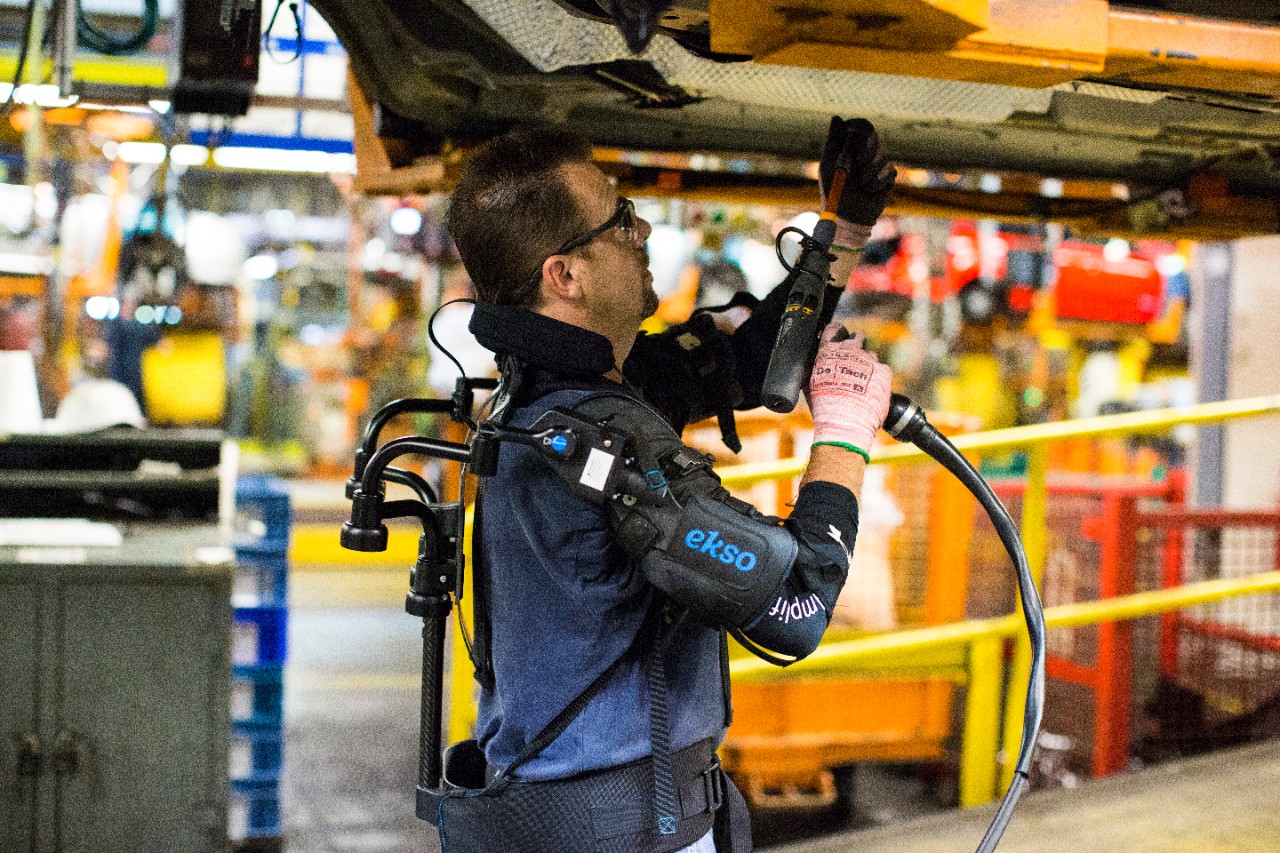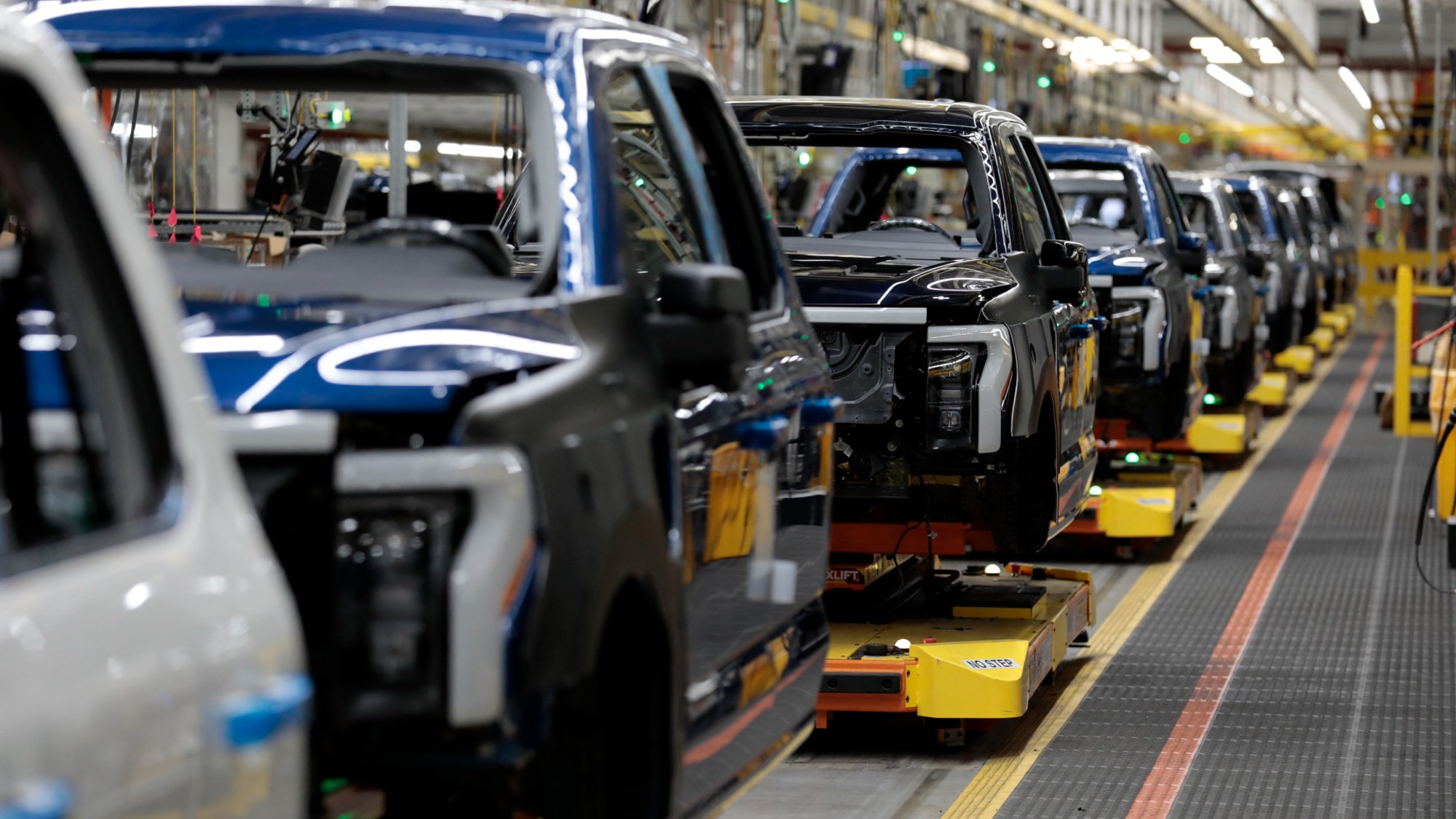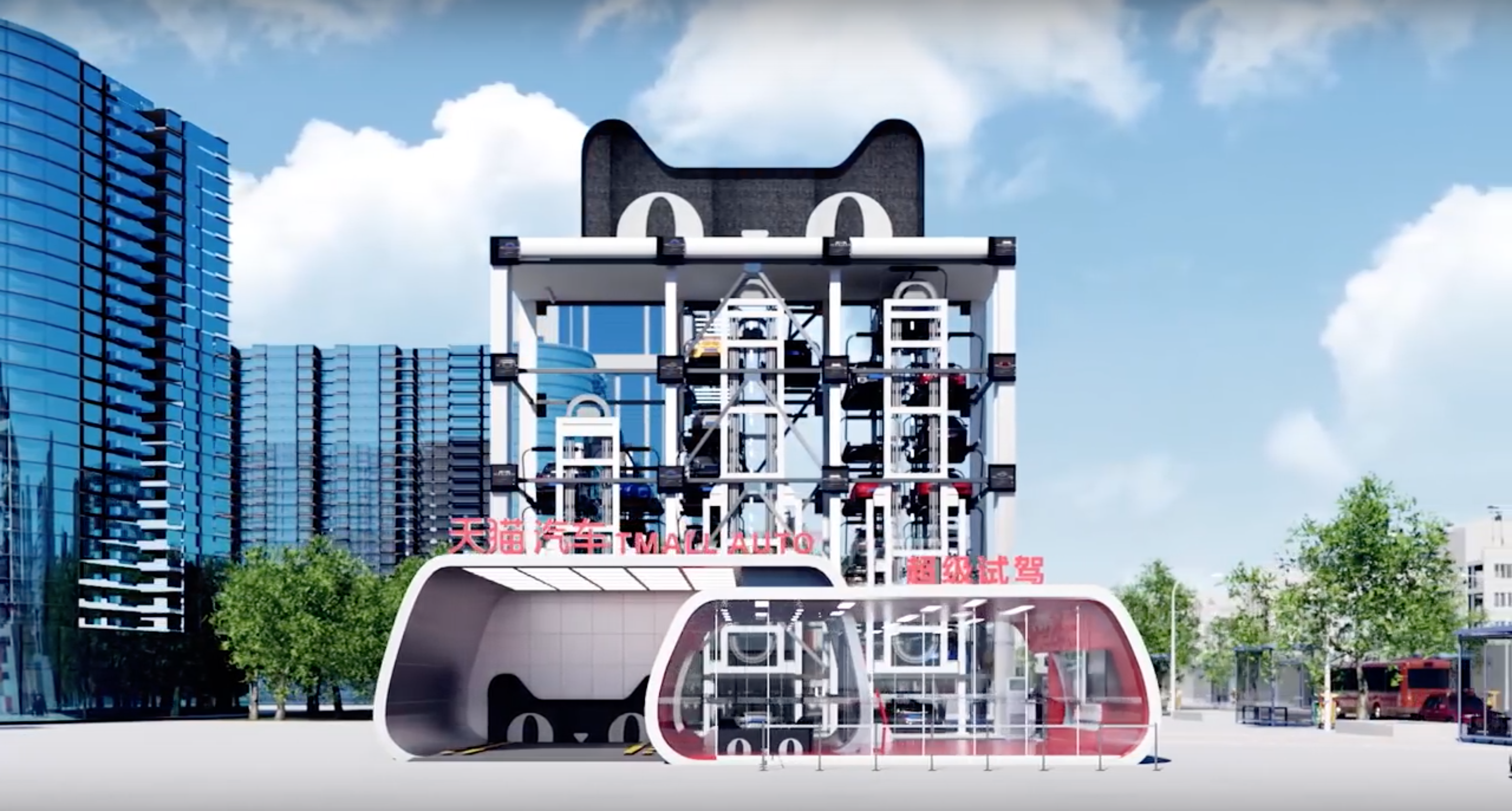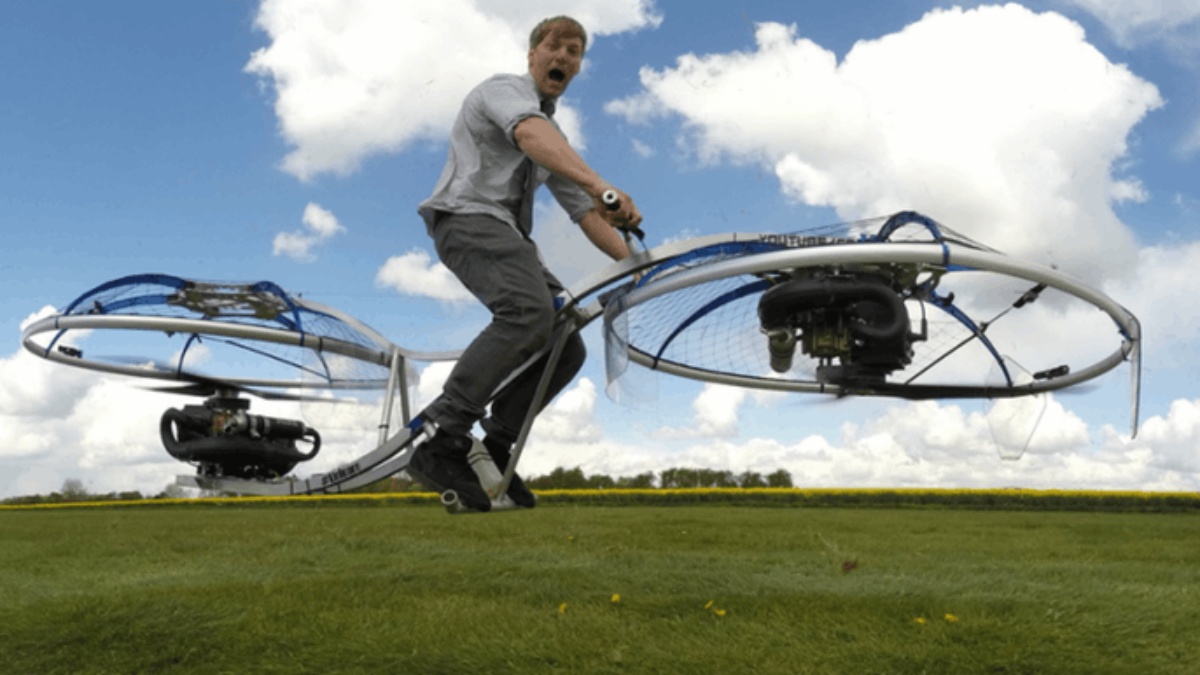Ford trials futuristic exoskeleton for factory workers
Special suit could prevent injuries and muscle fatigue caused by repetitive movements

A free daily email with the biggest news stories of the day – and the best features from TheWeek.com
You are now subscribed
Your newsletter sign-up was successful
The motoring industry has used robotised production lines for decades - and now Ford is bringing the technology to its factory workers in the form of “wearable tool”.
The car giant has developed a futuristic exoskeleton that aims to combat fatigue and injury caused by performing repetitive movements.
The EksoVest is attached to a worker’s upper body and is “designed specifically to help with overhead tasks”, says Digital Trends, with the lightweight construction supporting the wearer’s arms and back.
The Week
Escape your echo chamber. Get the facts behind the news, plus analysis from multiple perspectives.

Sign up for The Week's Free Newsletters
From our morning news briefing to a weekly Good News Newsletter, get the best of The Week delivered directly to your inbox.
From our morning news briefing to a weekly Good News Newsletter, get the best of The Week delivered directly to your inbox.
The amount of support provided ranges between 2kg and 7kg per arm, the website says - which “will certainly lessen the physical toll of raising your arms a million times a year, which Ford estimates many of its workers do”.
Ford partnered with tech firm Ekso Bionics to create the suit, which “could help prevent workplace accidents resulting from tired muscles and minds”, Engadget reports.
Russ Angold, the technology chief at Ekso Bionics, said: “Collaboratively working with Ford enabled us to test and refine early prototypes of the EksoVest based on insights directly from their production line workers.”
He adds: “The end result is a wearable tool that reduces the strain on a worker’s body, reducing the likelihood of injury and helping them feel better at the end of the day – increasing both productivity and morale.”
A free daily email with the biggest news stories of the day – and the best features from TheWeek.com
According to Digital Trends, the suit is undergoing trials at two of Ford’s production facilities in the US, with “plans to expand the programme into Europe and South America soon”.
-
 The environmental cost of GLP-1s
The environmental cost of GLP-1sThe explainer Producing the drugs is a dirty process
-
 Greenland’s capital becomes ground zero for the country’s diplomatic straits
Greenland’s capital becomes ground zero for the country’s diplomatic straitsIN THE SPOTLIGHT A flurry of new consular activity in Nuuk shows how important Greenland has become to Europeans’ anxiety about American imperialism
-
 ‘This is something that happens all too often’
‘This is something that happens all too often’Instant Opinion Opinion, comment and editorials of the day
-
 How will Ford reinvent EV manufacturing to compete with China?
How will Ford reinvent EV manufacturing to compete with China?Today's Big Question Henry Ford's assembly line system is being replaced
-
 Ford Mustang Lithium: will the electric muscle car reach production?
Ford Mustang Lithium: will the electric muscle car reach production?In Depth Zero-emission machine with manual gearbox shows EVs can be drivers’ cars
-
 Keyless cars causing dozens of deaths
Keyless cars causing dozens of deathsSpeed Read Victims poisoned by carbon monoxide after vehicles accidentally left running in garages
-
 Ford opens cat-themed car vending machine in China
Ford opens cat-themed car vending machine in ChinaSpeed Read Test-drive service allows users to trial vehicles using a smartphone app
-
 YouTuber makes a hoverbike in his shed
YouTuber makes a hoverbike in his shedSpeed Read More than a million viewers tune in to see Colin Furze leave the ground in an 'insanely dangerous' stunt